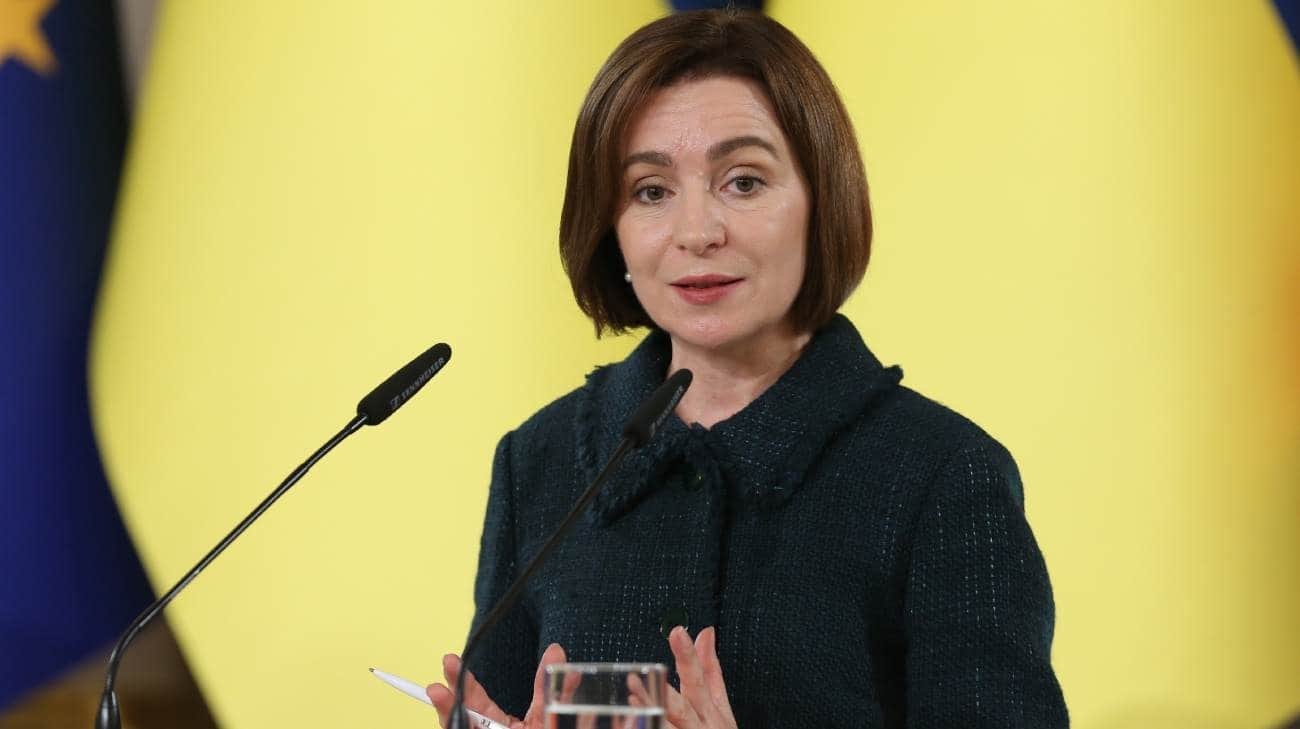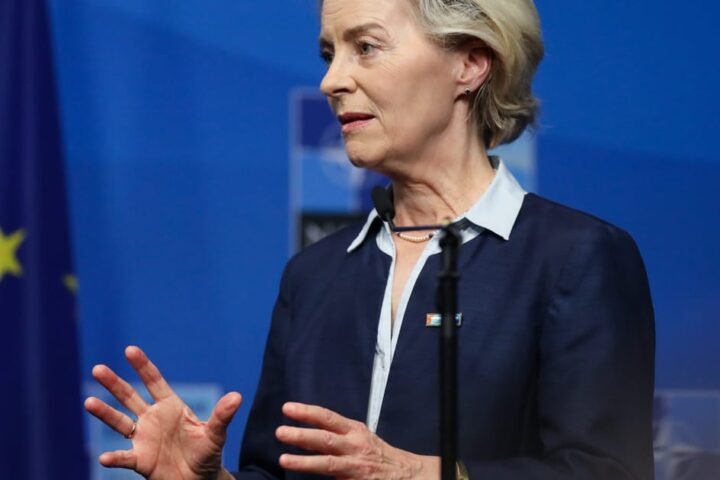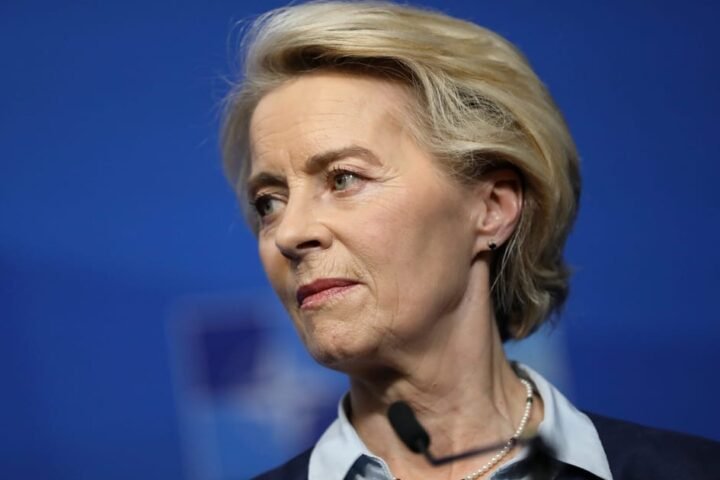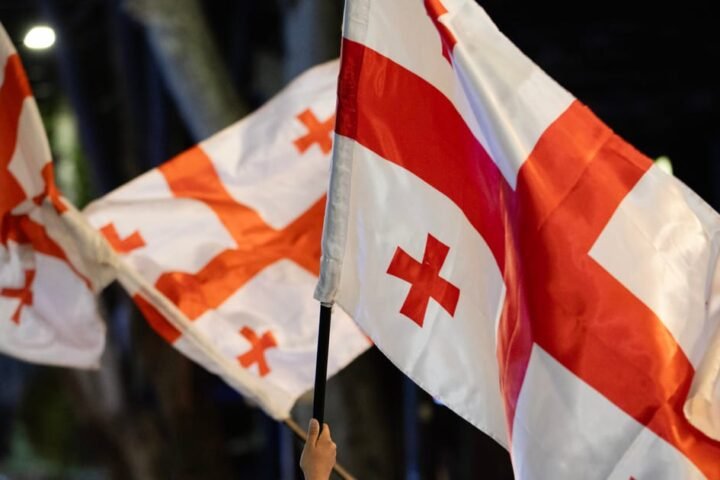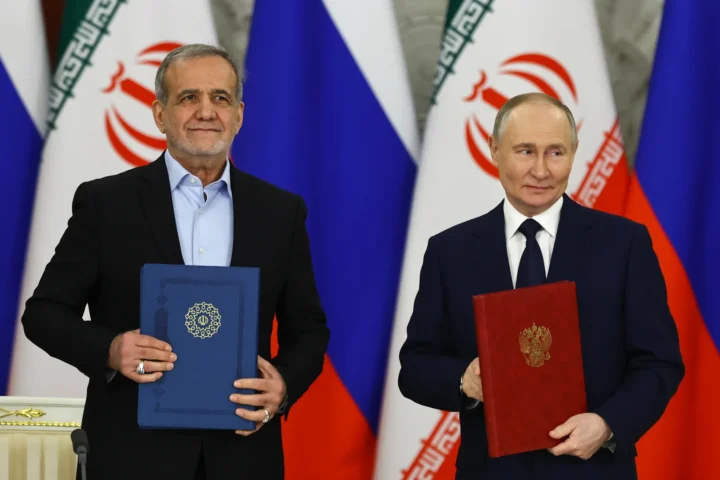A Kremlin-affiliated disinformation network known as “Matryoshka” has launched a coordinated campaign to undermine the upcoming EU summit in Moldova, using fake videos falsely attributed to European media outlets to discredit Moldovan President Maia Sandu and sow distrust ahead of the July 4 gathering in Chișinău.
According to findings from the digital research initiative Bot Blocker, shared with The Insider, the campaign began ramping up on June 23, days before European leaders are set to meet in the Moldovan capital. Analysts describe the operation as part of a broader effort by Moscow to disrupt Moldova’s pro-European trajectory and delegitimize Sandu’s leadership.
Falsified media mimicry
At the center of the campaign are several fake videos, carefully designed to resemble authentic reports from outlets such as The Insider, Euronews, and Le Point. These videos are disseminated across social media platforms and messaging apps, mimicking the visual identity, tone, and logos of the targeted news organizations.
One such video, falsely branded as an Insider investigation, claims that European Commission Vice President Kaja Kallas canceled her visit to Chișinău due to internal tensions with Maia Sandu and fears that Sandu’s declining popularity could jeopardize her own political standing in Brussels. There is no official confirmation of such a cancellation, and the narrative appears to be entirely fabricated.
Another video, appearing to imitate Euronews, alleges that Romanian intelligence warned EU leaders about a potential terrorist threat targeting the summit. A third clip, stylized to resemble reporting by Le Point, claims that top EU officials are preparing to replace Sandu due to her supposed failure to “implement European values” in Moldova.
None of these claims have been substantiated by the organizations in question or by credible officials. Experts note that the stylistic mimicry and language patterns align with previous Kremlin-linked disinformation operations, designed to spread confusion and weaken institutional trust.
Strategic targeting of Moldova’s EU aspirations
The disinformation push comes at a politically sensitive moment for Moldova, a country that has positioned itself firmly on a pro-European path since Sandu’s election in 2020. The July summit is seen as a symbolic milestone in Moldova’s integration with the European Union, and its successful hosting could further strengthen Chișinău’s ties with Brussels.
Specialists in hybrid threats suggest that the timing and targets of the bot campaign reflect Moscow’s strategic interest in destabilizing Moldova’s western pivot. By casting doubt on the legitimacy of the summit and portraying Sandu as isolated or incompetent, the campaign seeks to fracture domestic consensus and fuel political volatility.
“The use of deepfake-style content masked as legitimate journalism is a growing trend in digital influence operations,” noted a senior analyst from a European cyber policy center. “What we’re seeing here is not just trolling — it’s a sophisticated attempt to undermine institutional processes.”
A growing regional risk
Moldova has been under sustained pressure from Russian information operations since the start of the full-scale war in Ukraine. Observers at NATO and the EU have repeatedly flagged hybrid threats, including cyberattacks, disinformation, and economic coercion, as tools in Russia’s regional playbook.
As Moldova edges closer to EU accession talks, Western policymakers have urged vigilance and enhanced support to strengthen information resilience. A recent report by the European Digital Observatory warned that disinformation campaigns tied to Kremlin interests are increasingly targeting accession candidates in the Western Balkans and Eastern Partnership countries.
With the Chișinău summit on the horizon, analysts suggest that countering digital manipulation will be crucial not only for Moldova’s stability but for the broader security of Europe’s eastern flank.
